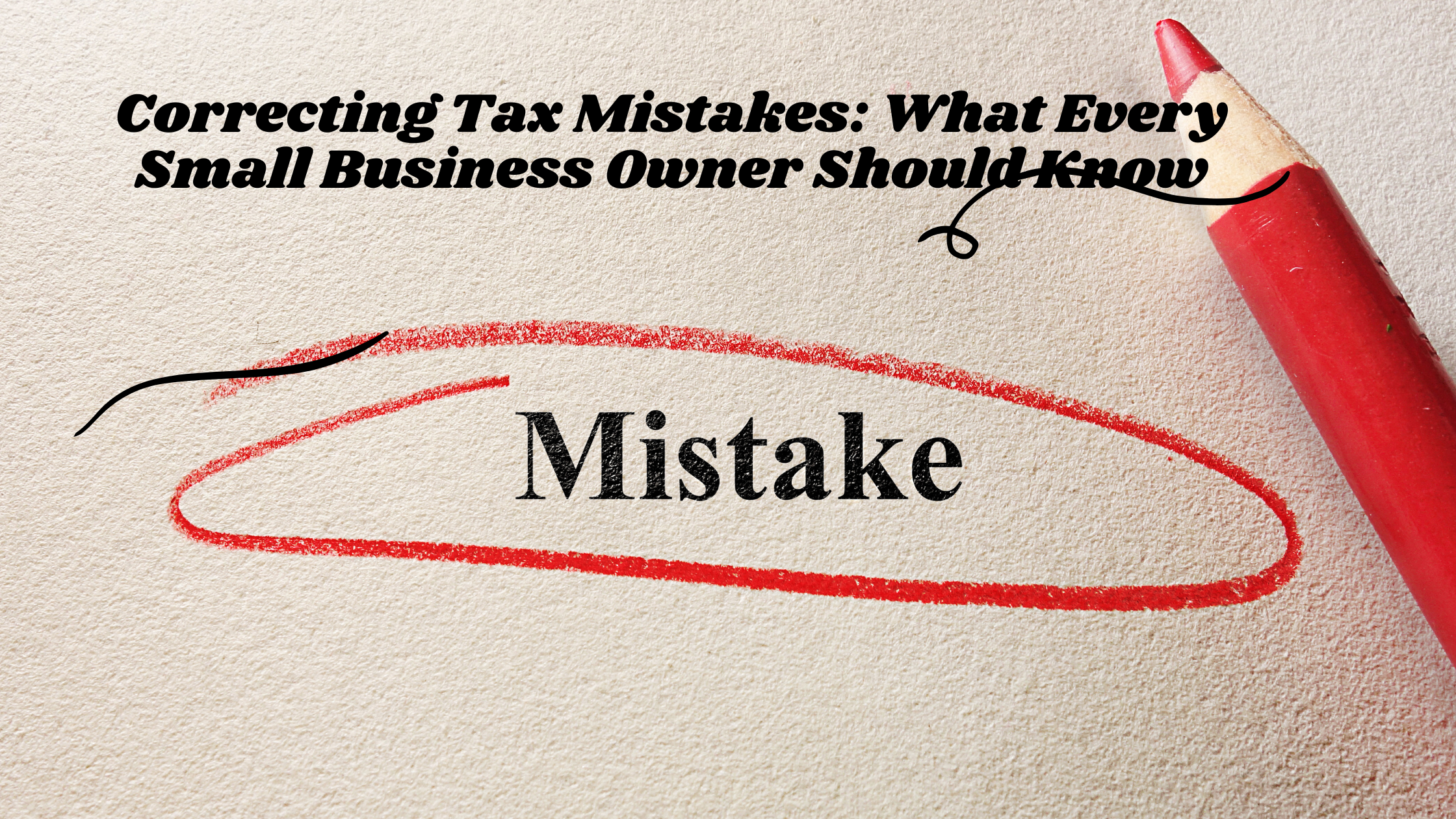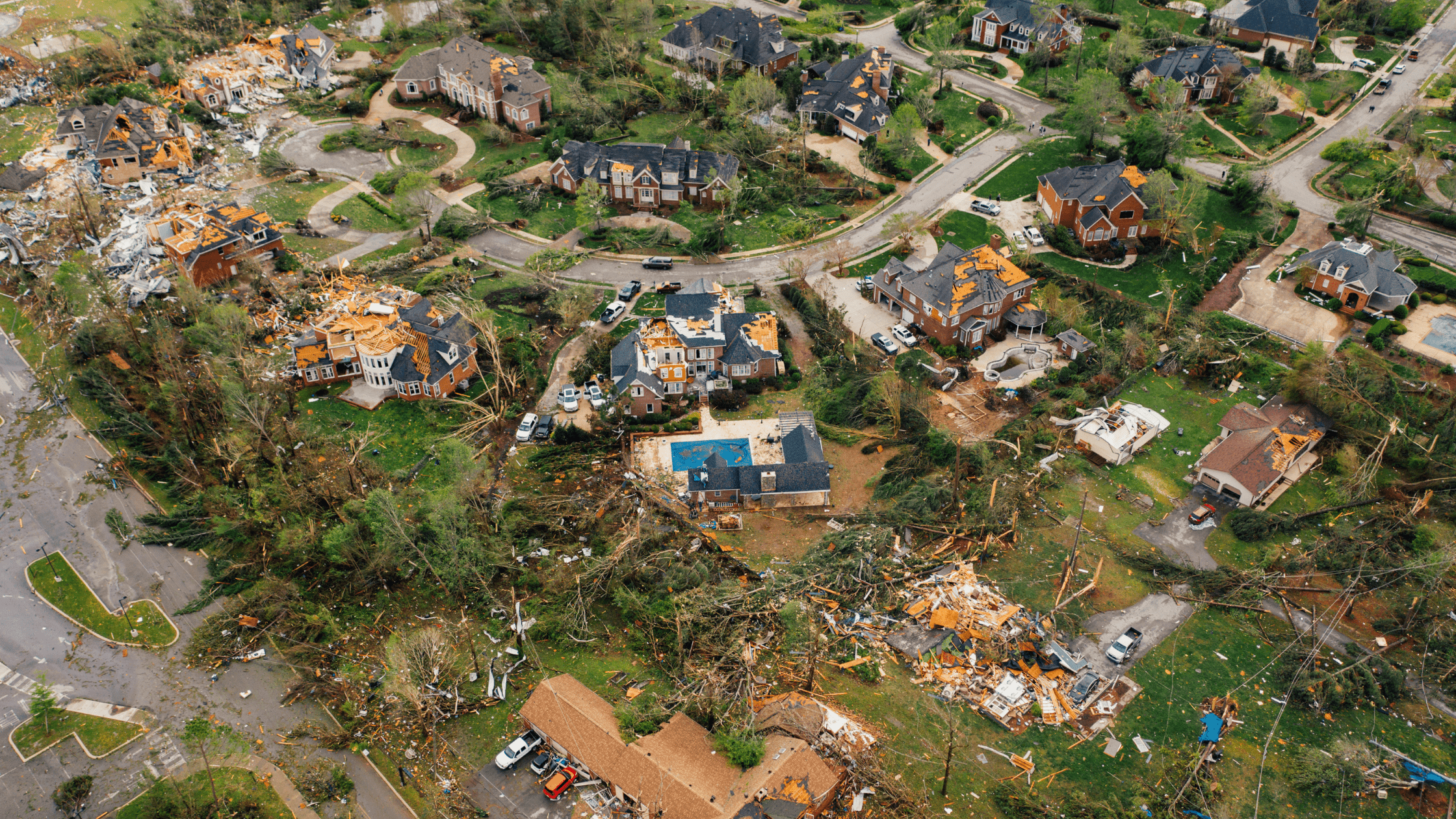With hurricane season in full swing, now is a good time to create or review emergency preparedness plans for surviving natural disasters, which include more than just hurricanes. For example, in the last year, the Federal Emergency Management Agency (FEMA) declared major disasters following hurricanes, tropical storms, tornadoes, severe storms, flooding, wildfires, and an earthquake. Individuals, organizations, and businesses should take time now to make or update their emergency plans.
Here are five steps taxpayers can take to safeguard their tax records before disaster strikes:
1. Secure key documents and make copies. Taxpayers should place original documents such as tax returns, birth certificates, deeds, titles, and insurance policies inside waterproof containers in a secure space. Duplicates of these documents should be kept with a trusted person outside the area of the taxpayer. Scanning them for backup storage on electronic media such as a flash drive is another option that provides security and portability.
2. Document valuables and equipment. Current photos or videos of a home or business’s contents can help support claims for insurance or tax benefits after a disaster. All property, especially expensive and high-value items, should be recorded. The IRS disaster-loss workbooks in Publication 584-B, Business Casualty, Disaster, and Theft Loss Workbook, can help individuals and businesses compile lists of belongings or business equipment.
3. Employers should check fiduciary bonds. Employers who use payroll service providers should ask the provider if it has a fiduciary bond in place. The bond could protect the employer in the event of default by the payroll service provider. As such, employers should carefully choose a payroll service provider.
4. Rebuilding documents. Reconstructing records after a disaster may be required for tax purposes, getting federal assistance, or insurance reimbursement.
After FEMA issues a disaster declaration, the IRS may postpone certain tax filing and tax-payment deadlines for taxpayers who reside or have a business in the disaster area. The IRS automatically identifies taxpayers located in the covered disaster area and applies for filing and payment relief.
5. Get assistance from a tax professional. Taxpayers who do not live in a covered disaster area but suffered impact from a disaster may qualify for disaster tax relief and other available options.
Click here to learn more about Bookkeeping and Taxes.





